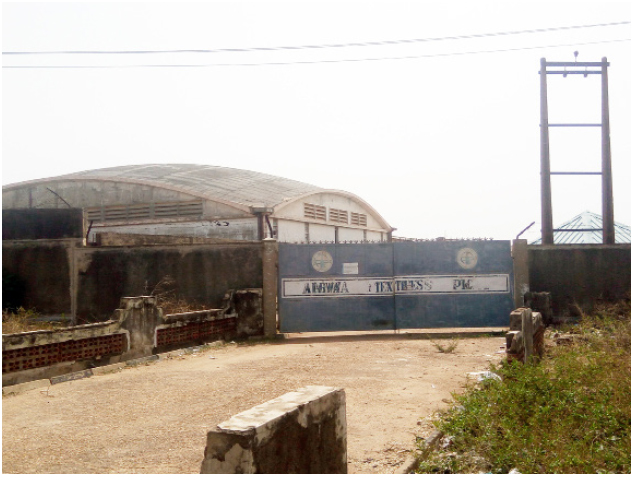By Sada Malumfashi & Salmah Ja’eh /African Arguments/ – Kaduna, the former capital of colonial Northern Nigeria, named for the rivers and crocodiles that once filled its territory, used to be home to an industrial revolution. It was famed for its transport facilities, an abundance of water from the river Kaduna and the presence of raw materials, especially cotton.
In 1955, the premier of Northern Nigeria, Sir Ahmadu Bello, harnessed these resources with a £1.25 million investment (pdf, about $40 million today). Subsequently, around 60 industrial firms – including textile mills, breweries, petrochemical and automobile factories – came to operate in Kaduna, serving its immediate community and the entire country. These companies collectively became the second largest employer after the government with a 500,000-strong workforce. Once rural villages like Kakuri, located in the industrial area of Kaduna, were transformed and uplifted.
Soon, Kaduna earned the alias “Manchester of West Africa”. However, the revolution did not live long.
In fact, it witnessed a stunning reversal. In the 1990s, Nigeria’s military regime of the time was pushed into implementing a structural adjustment programme formulated by the International Monetary Fund. This deregulated Nigeria’s currency and led to the privatisation of public-owned industries, which increased the costs of importing materials. At the same time, local oil refineries deteriorated and electricity supply became erratic. The cost of doing business shot up. Factories closed. In Kakuri community, hundreds of thousands of workers lost their jobs without severance payments or entitlements.
Fast forward almost three decades later, Kakuri is now a small city flanked by massive walls, the edges of derelict companies’ compounds. But a new industrial boom is happening.
Going through Kakuri, you will see a new $200 million investment Mahindra tractor assembly plant with the capacity to put together 3,000 tractors per year. Across the street is Blue Camel energy, a renewable energy production plant and training academy. On the Kaduna-Abuja expressway, there is an Olam poultry and feed mill, a $150 million investment.
But Kakuri and its people are far from what and where they used to be. Many still live in the shadows of the failed revolution that came before. Unlike in the heydays of the previous boom, the new industrial buzz is attracting skilled workers from outside the community. Kakuri’s residents, many of whom are unskilled in modern technology, will likely only be spectators.
We visited Kakuri and spoke to these survivors about the pain they inherited from the previous downfall and whether this new industrial wave will heal their scars.
We met Raymond Abah at the gate of Arewa Textiles, amid overgrown weeds and derelict structures. He is the site’s chief security officer, working with a handful of police officers to prevent the pilfering of equipment.
“I have been working here since 1992. When I started, the Japanese were in charge. Since the foreigners left, nothing is working. The government has been making false promises. We are angry. I am angry. Many people have died without their benefits. Some have run away from their families because of shame. We are tired of the promises of new industries. Life is difficult.”






